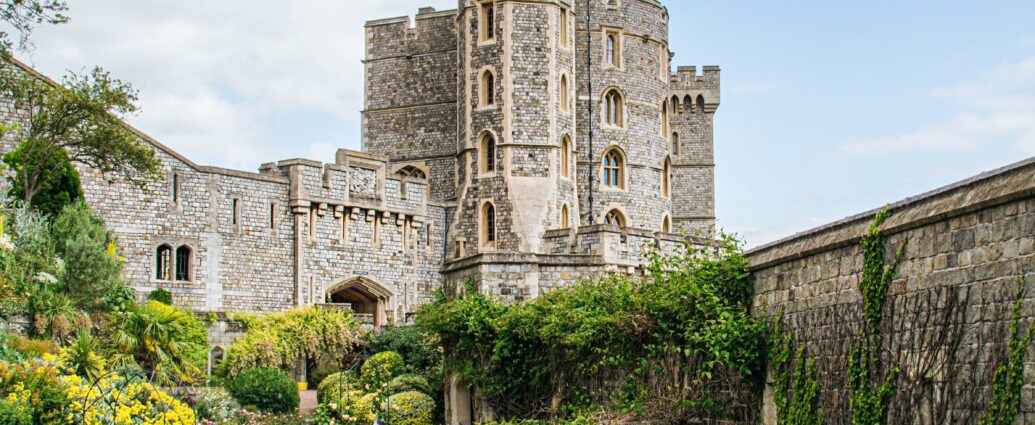Katie Nelmes
Trigger warning: mental health and self-harm
Royal couple, Prince Harry and Meghan Markle, have been subject to an onslaught of scrutiny by the media and the public. Their recent documentary series, which was Netflix’s ‘biggest documentary debut yet’, saw the couple take control of their narrative and tell their truth.
The six-part series revealed never before seen footage of the couple’s departure from royal duties, their travels to Canada and Los Angeles, and footage of their young children, Archie and Lilibet. The documentary was far from just royal drama and sensationalism – it provoked important conversations on mental health, racism, and the current state of the journalism industry.
Harry & Meghan. A Netflix Global Event. Coming soon, only on Netflix. pic.twitter.com/ysxaCcESP4
— Netflix (@netflix) December 1, 2022
Mental Health
This is not the first time the couple has opened up about their mental health. On their trip to South Africa in 2019, Markle became emotional as she was asked by a journalist if she was really okay. The viral interview became one of the first insights the public got into how negative press attention had affected the new family.
She and Harry revealed more in their interview with Oprah in 2021, where they discussed the lack of support from the royal family regarding Meghan’s suicidal thoughts.
Meghan speaks candidly in their Netflix documentary about the mental health struggles she faced, describing her belief that “All of this will stop if I’m not here. And that was the scariest thing about it. It was such clear thinking”.
Markle revealed that she hoped that their conversation on mental health would be the biggest takeaway from the Oprah interview. Instead, however, unsurprising media attacks prevailed.
Although the couple is privileged in many ways, and can be critiqued as such, the ways in which their mental health has suffered should not be undermined.
Critique of the media
One scene in the latest documentary episodes sees Prince Harry compare headlines that were written about Meghan to those written about his sister-in-law, Kate Middleton. It was clear to see that there were racial undertones to coverage of Meghan and an unapologetic media bias against her.
In 2020, Markle revealed in an opinion piece for the New York Times, that she had suffered a miscarriage. Prince Harry later revealed that he believed that the media were to blame for the miscarriage. In particular, he criticised the Mail on Sunday and Mail Online for publishing a private letter Meghan sent to her father, claiming that “I believe my wife suffered a miscarriage because of what the Mail did”.
Although the couple later won a court case against the Mail, there was irreversible damage done to the family.
Privacy
An important theme throughout not only the documentary, but also the couple’s relationship, has been privacy. As viewers learn about the early days of their love story, we watch how the couple went to great lengths to keep their relationship private for as long as possible.
“the pair have consistently taken the decision to share details of their private lives on their own terms.”
Departing from tradition, the couple have now chosen to publicly tell their story on their own terms. Contrary to what critics have argued, this does not mean waiving their right to privacy. It’s clear that Harry and Meghan want to tell their story and share details of their lives, but only when they are ready to do so.
This is most evident in how the couple are bringing up their children. Markle was criticised for not having traditional photos taken when her son Archie was born in 2019. Departing from royal expectations, the pair have consistently taken the decision to share details of their private lives on their own terms.
Media Reaction
Although there were many interesting themes raised in the documentary, these have been overshadowed by much of the subsequent reporting around the show.
What the documentary revealed was a husband and a wife, a mother and a father, candidly speaking about the lowest points of their lives. They spoke on the likes of mental health and “abuse of power” by journalists, seemingly seeking to spark conversations about these important themes.
“journalists have been dismissive and callous towards the emotional messages put out by Harry and Meghan.”
Sadly, this message was missed by many journalists and commentators. Following the documentary’s release, presenter Jeremy Clarkson wrote an article in The Sun, in which he graphically described his “cellular level” hatred for Markle.
Although The Sun has since issued an apology and removed the article, this example was shocking, showing the extent to which some journalists have been dismissive and callous towards the emotional messages put out by Harry and Meghan.
Prince Harry and Meghan Markle on The Sun’s apology for Jeremy Clarkson: “While the public absolutely deserves the publication’s regrets for their dangerous comments, we wouldn’t be in this situation if The Sun did not continue to profit off of hate, violence, and misogyny”. pic.twitter.com/2DUpVsKC7l
— Mike Sington (@MikeSington) December 26, 2022
The Future for Harry and Meghan
While the couple often sparks divisive opinions, I feel that the documentary humanised them for the better. They want their truth to be heard about their experiences of royal life, but they also want to move forward. Through their documentary, we saw their hopes to lead conversations around mental health, the environment, race, gender, and vaccine equity.
While the upcoming release of Prince Harry’s new book ‘Spare’ is bound to attract more divisive headlines, we would do well to keep in mind what I argue are the most interesting things about the couple: the causes they advocate for, and the positive change they can help us move towards in future.
Featured image courtesy of E Mens on Unsplash. No changes were made to this image. Image license found here.

